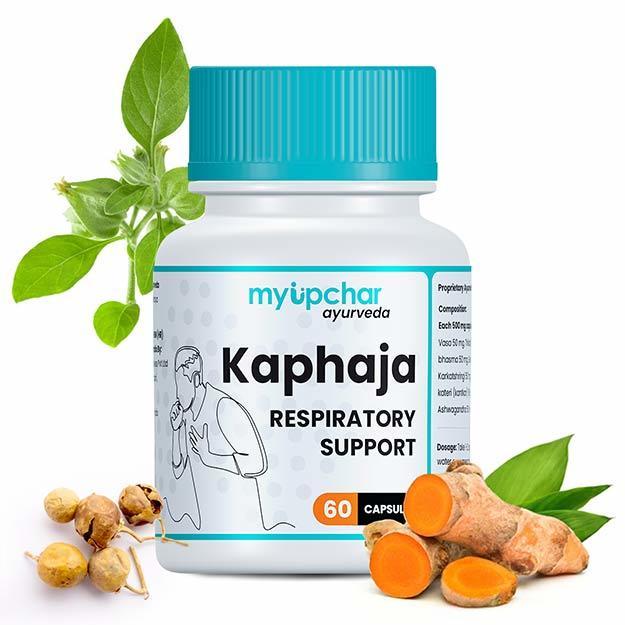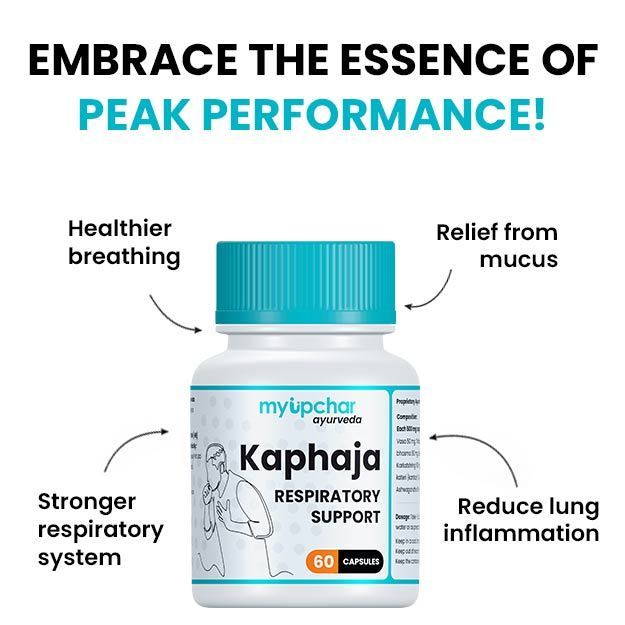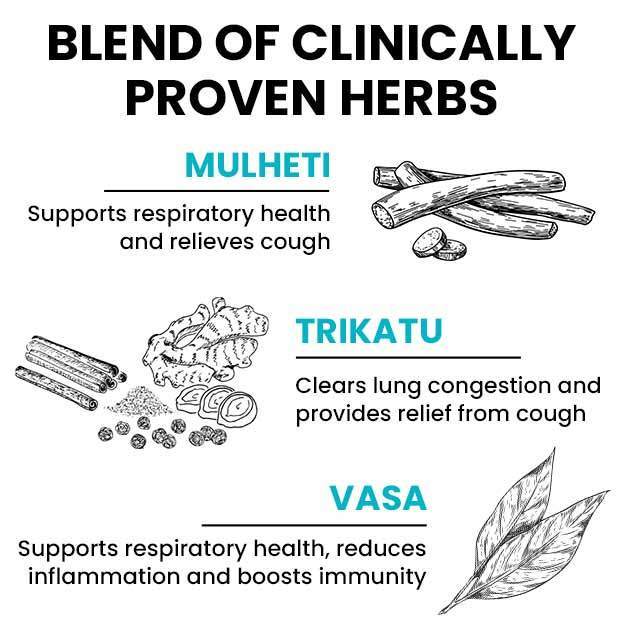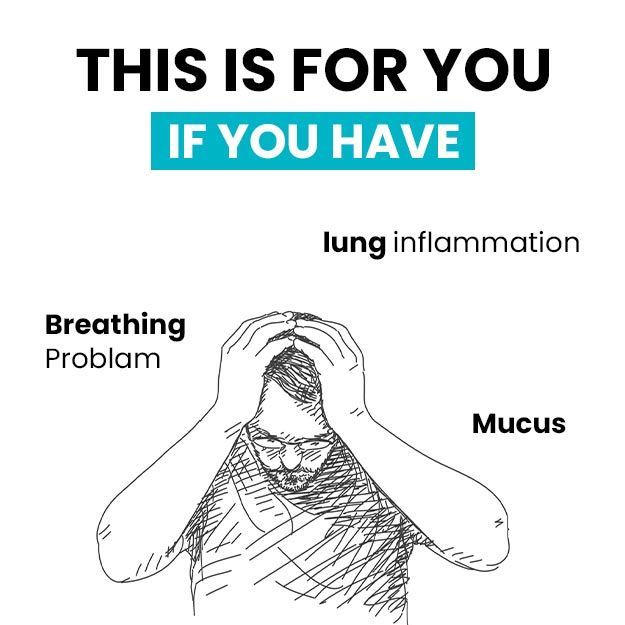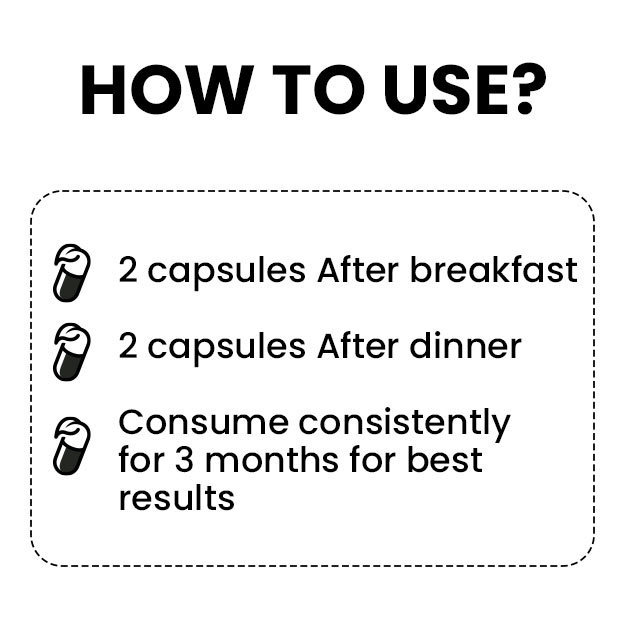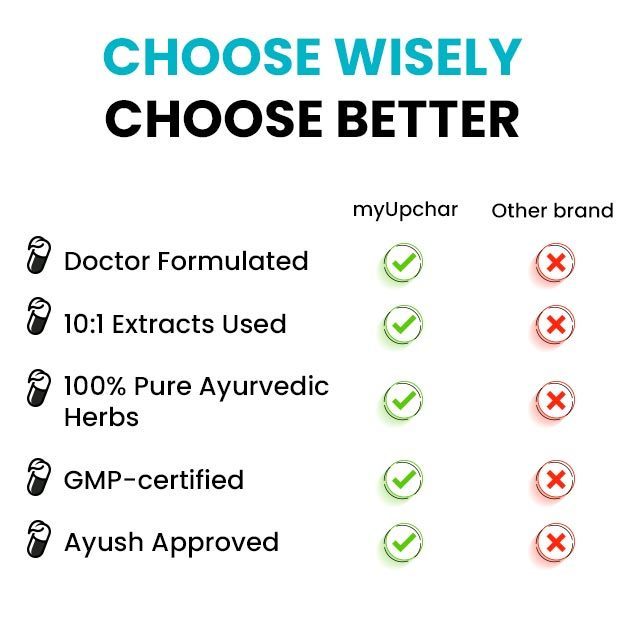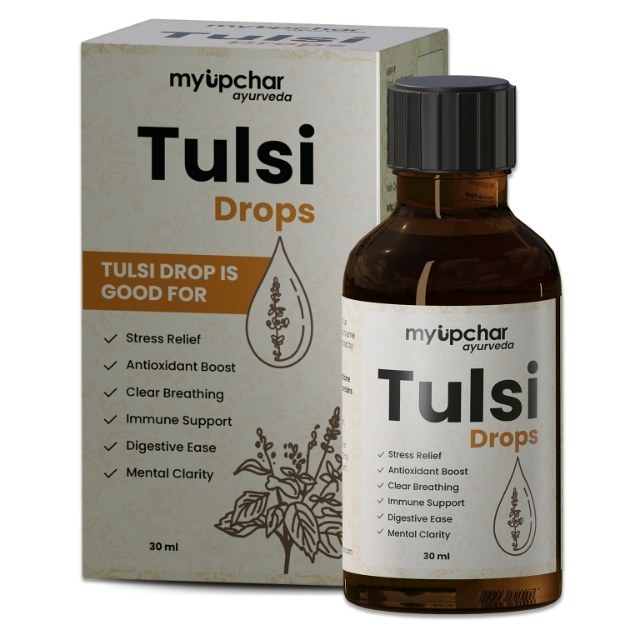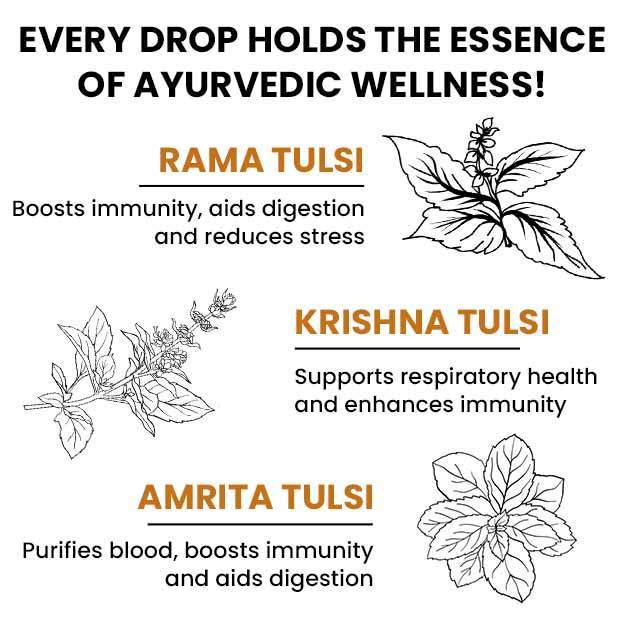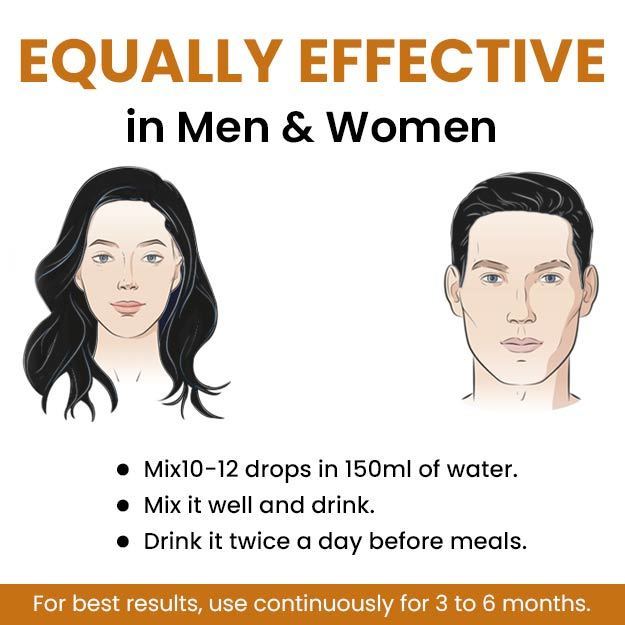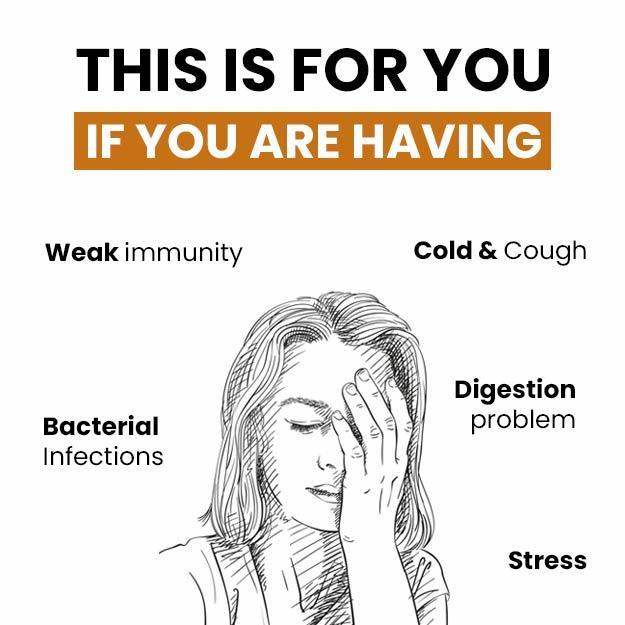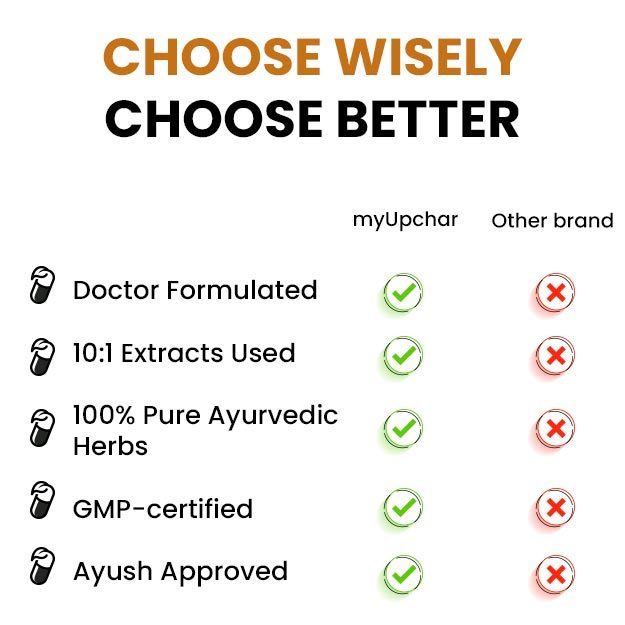From a frequent cough and a sore throat to a stuffy or runny nose - there are many uncomfortable symptoms of bronchitis. Many of these can be alleviated to an extent when you alter your diet to come to your body’s aid though. Following are a few types of foods you should have more of if you have bronchitis:
(Read more: Lung infections)
High energy foods
Food provides your body with nutrients (carbohydrates, fat and protein) that affect how much energy you will have and how much carbon dioxide is produced. Carbon dioxide is a waste product that leaves your body when you breathe out (exhale). If there is too much carbon dioxide in your body, it might make you feel weak and lead to breathing difficulties. To manage these symptoms, opt for foods that provide more energy. To increase your calorie intake, eat homemade laddus or energy bars, pudding and Indian homemade desserts such as kheer and halwa. Paneer dishes, custard, sandwiches, fruits or vegetables with yogurt dip, etc can be had as snacks.
Fluids
Drink plenty of fluids. Try to drink at least 6 to 8 glasses of non-caffeinated beverages each day to keep mucus thin and make it easier to cough up. Limit caffeine (contained in coffee, tea and several carbonated beverages and chocolate) as it might interfere with some of your medicines.
(Read more: Home remedies to get rid of mucus)
Protein
Due to frequent fever and breathing problems, you may experience muscle loss and low energy levels in the body. Try to have protein-rich meals to recover and maintain muscle mass as well as your energy levels. In this situation, add one high-protein food in each of your meals. For example, eggs for breakfast, legumes for lunch, cheese for dinner and nuts and seeds for snacks.
Antioxidants
An antioxidant-rich diet helps the body fight infections. Chest infections are illnesses that often lead to hospitalization for people with bronchitis, so it is important to reduce your risk of infection by including more antioxidant-rich foods in your diet. Have more vitamin A, vitamin E, omega-3 fatty acids and zinc-rich foods in your daily diet. You can have all the colorful fruits and vegetables, eggs, fatty fish and nuts in your meals.
Citrus fruits
Citrus fruits are rich in vitamin C, which is beneficial as it assists in enhancing immune system function and combat viral fever. Try to have 1-2 citrus fruits (lemon, orange, sweet lime, gooseberry, etc) daily.





